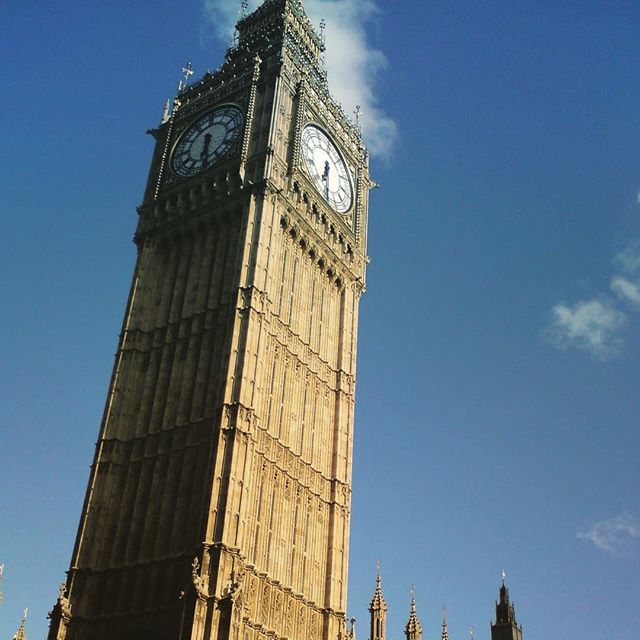Scotland, income tax plan

From 6th April 2016 the Scottish Parliament determine their income tax rate, part of the proceeds of the income goes to the coffers of Scotland and the rest to the Britain in the general treasury. Not taxable premium bonds, as well as income in the accounts that are exempt from tax (individual savings accounts, etc.). First Minister of Scotland Nicola Sturgeon announced plans to freeze the income tax rate. However, the British government this offer will only accept within the established framework. The exact level of rates should be set by the Scottish Government every year. However, the Scottish Government believes that their offer is a more balanced approach that will be fair to taxpayers and increase rates at the same time generate additional revenue to be invested in public services in Scotland. Along with the tax proposals First Minister published an analysis of the additional rate which showed that the rate does not increase to the year 2017/18. Instead of offering large tax cuts in the next year the threshold of taxation will be from 43,000 GBP. Author: Olena Kutova senior lawyer of the Finance Business Service company ...








